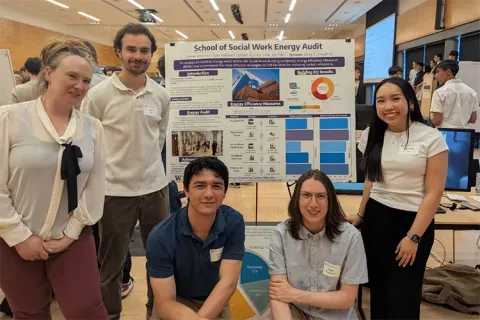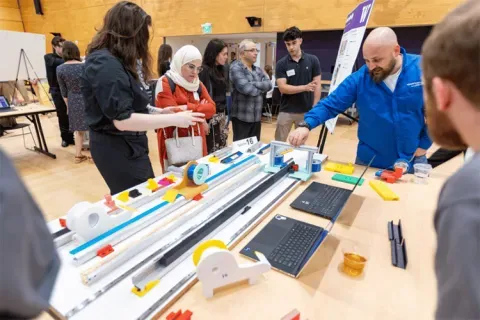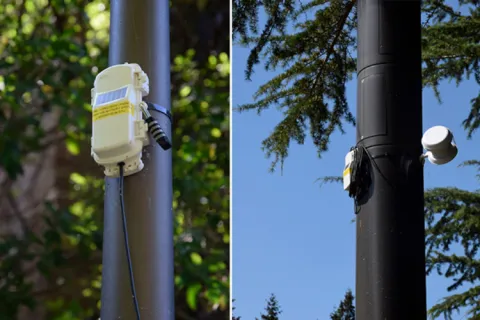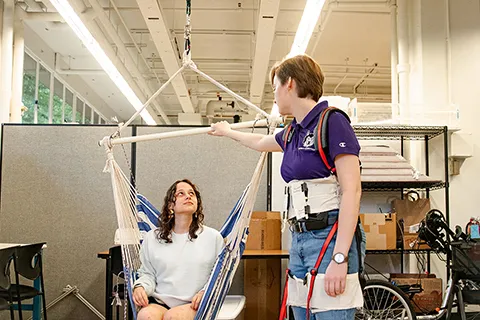Philips
Mechanical CPR for Broader Dissemination
Good quality CPR is a significant factor in survival from Sudden Cardiac Arrest (SCA). There are more than 356,000 out-of-hospital cardiac arrests annually in the U.S., nearly 90% of them fatal. Delivery of high quality chest compressions is difficult, often inconsistent, subject to responder fatigue and practically challenging. Mechanical CPR (mCPR) can improve CPR quality and also increase the safety for responders who are often trying to do manual CPR in a moving ambulance without seat belts. Current mechanical devices on the market are big, bulky, and very expensive. There is a need for a mechanical CPR device that performs equivalent to those currently on the market (both downward and upward pressure) but at 1/2 to 1/3 the cost/price. The student team created a mechanical CPR device that is easy to apply, size inclusive, provides added security, is compatible with AED and IV, is rapidly removable, and is optimized for weight.
Faculty Adviser(s)
Related News

Mon, 10/13/2025 | UW Mechanical Engineering
Capstone collaboration leads to award
An ME capstone team received first place for its energy audit of the UW School of Social Work building.

Mon, 07/07/2025 | UW Mechanical Engineering
Capstone creations
Students displayed innovative capstone design projects at the 2025 expo.

Fri, 09/20/2024 | UW Civil & Environmental Engineering
Smarter irrigation for a greener UW
A new project combines satellite data with ground sensors to conserve water and create a more sustainable campus environment.

Mon, 09/09/2024 | UW Mechanical Engineering
Testing an in-home mobility system
Through innovative capstone projects, engineering students worked with community members on an adaptable mobility system.